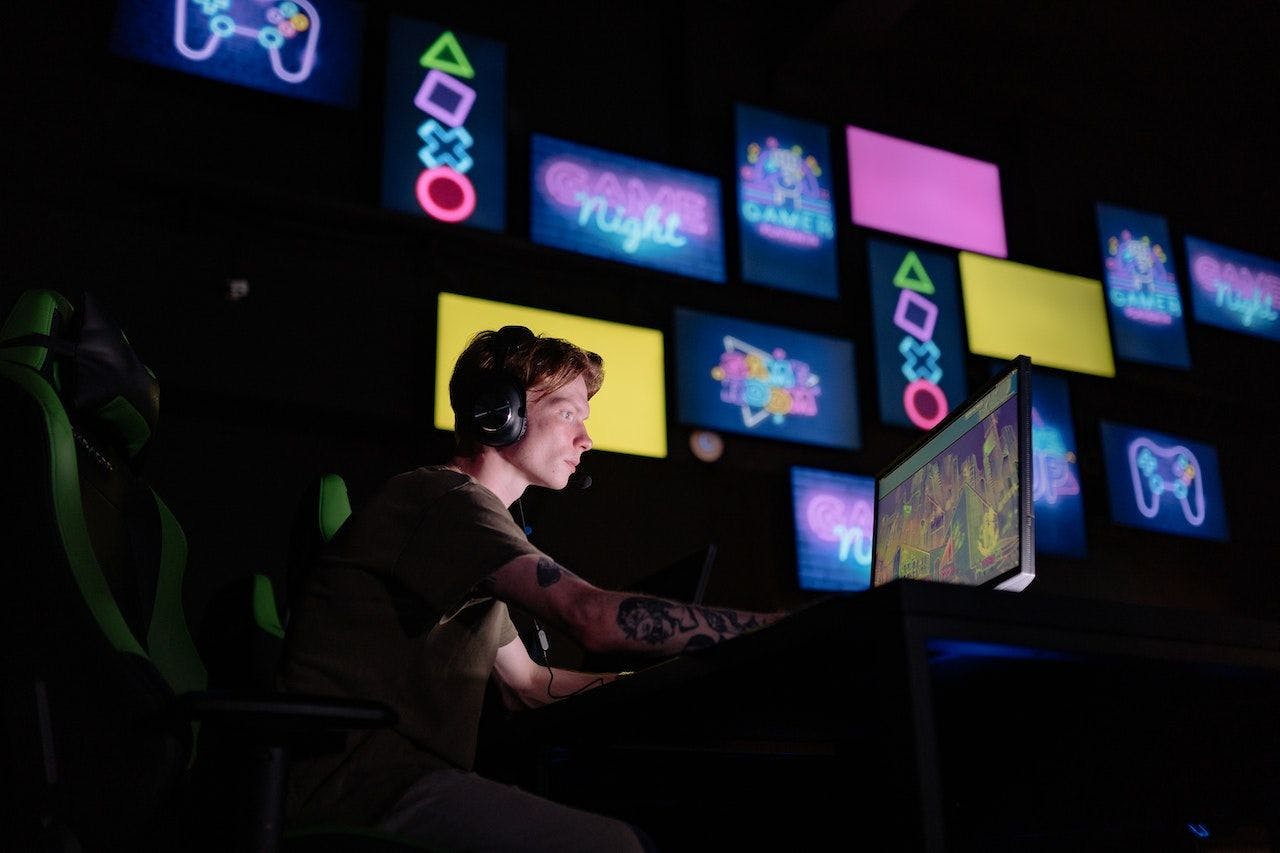259 reads
Video Games Make Better Entrepreneurs and Leaders
by
September 17th, 2022
Audio Presented by

Colin Darretta is the CEO/co-founder of Innovation Department, and a contributor to Inc Mag, Entrepreneur & many others.
About Author
Colin Darretta is the CEO/co-founder of Innovation Department, and a contributor to Inc Mag, Entrepreneur & many others.
